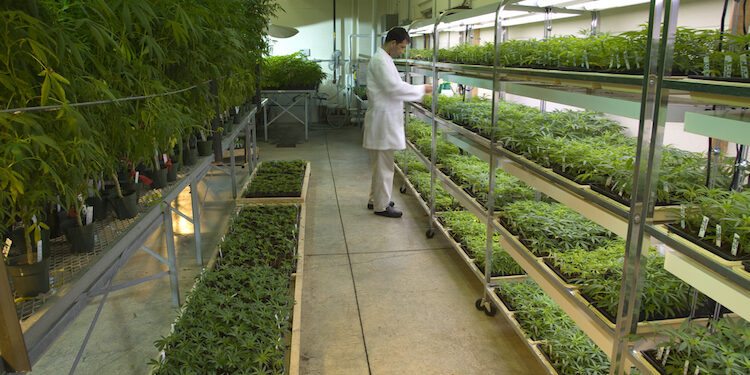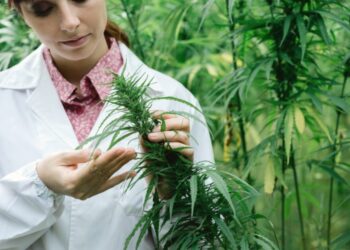The University of Mississippi, long known as the sole institution federally authorized to cultivate marijuana for research, is stepping into a new leadership role with the launch of a major cannabis research initiative. Backed by a federal grant, the university will host the National Institutes of Health’s (NIH) newly formed Resource Center for Cannabis and Cannabinoid Research (R3CR).
Announced by NIH in late 2023, R3CR is a collaborative effort involving the University of Mississippi, Washington State University (WSU), and the United States Pharmacopoeia (USP). The project is supported by the National Center for Complementary and Integrative Health (NCCIH) and aims to provide regulatory guidance, establish research standards, and promote scientific understanding of cannabis and cannabinoids.
The center will be housed within Ole Miss’s National Center for Natural Products Research and will offer a range of resources—including a dedicated website, webinars, seed funding, and conferences—to help researchers navigate the evolving cannabis research landscape.
“The research environment around cannabis is changing dramatically,” said Donald Stanford, assistant director of the university’s Research Institute of Pharmaceutical Sciences. “With improved regulation and expanding technologies, we can finally begin answering important questions about cannabis safety and efficacy.”
Mahmoud ElSohly, who has long overseen the university’s cannabis cultivation program for the federal government, will lead the regulatory guidance component of the center. He emphasized the importance of helping researchers navigate the complex web of federal and state rules that often hinder marijuana studies. “Our goal is to simplify compliance and empower research,” he said.
Robert Welch, director of the National Center for Cannabis Research and Education, will assist in the effort, noting that many U.S. scientists remain unsure about how to conduct cannabis studies involving human subjects.
Although the R3CR cannot alter federal drug policy directly, its creation represents a significant step toward easing the regulatory burden on cannabis researchers. The center may even assist with DEA registration costs and provide support for the storage and handling of research-grade cannabis.
The announcement comes as the DEA weighs whether to reclassify marijuana under federal law—a move that could reshape the future of cannabis science.
Read the whole unedited article here.













